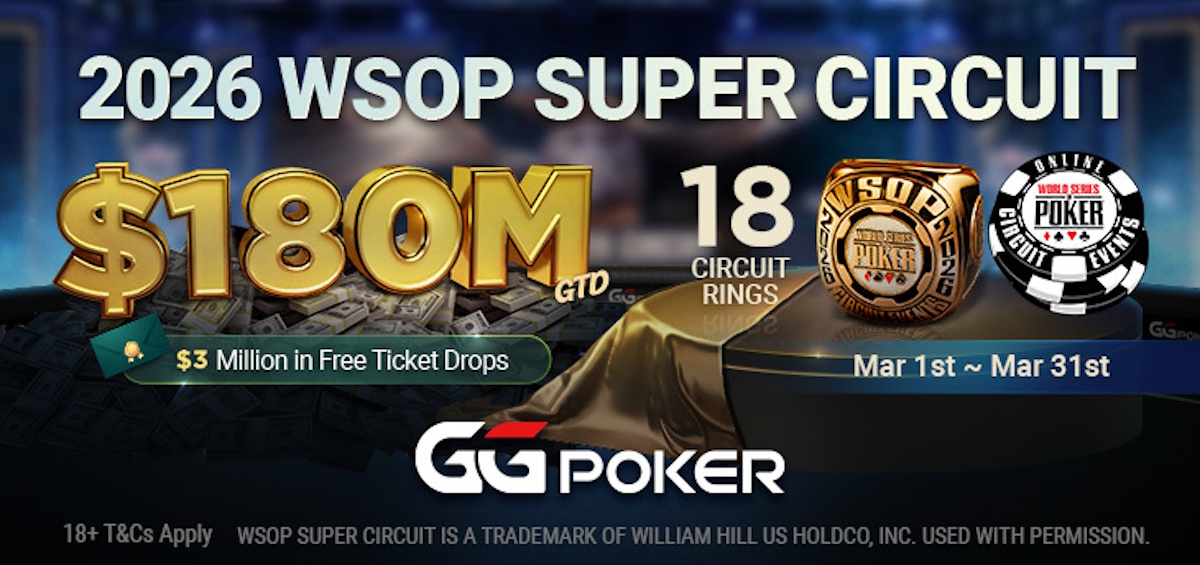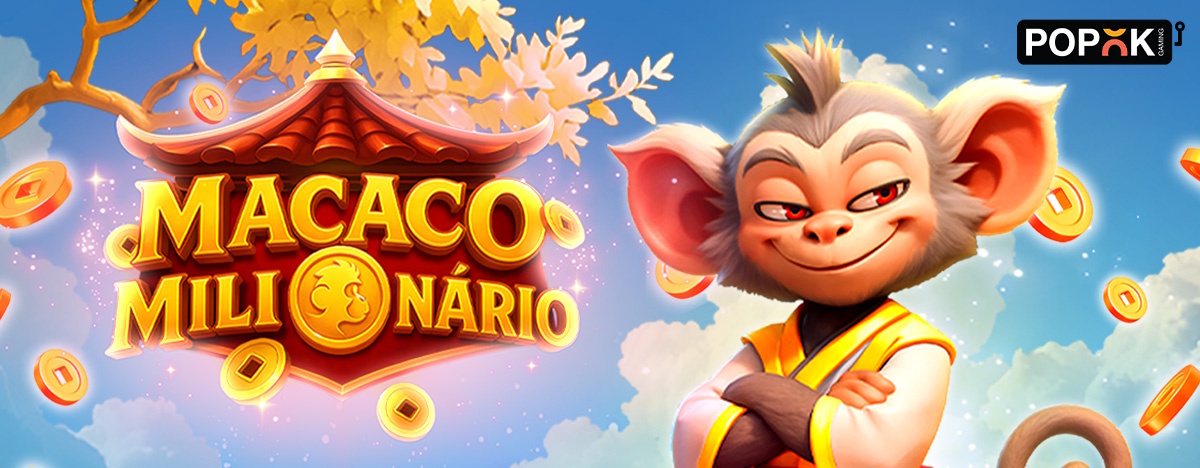Latest News
Betting Brands may Shift Focus from Sports to Casino Amid COVID-19 Pandemic

COVID-19 has shaken up the world. No one and no business has been left unaffected by the virus, and that includes the betting industry. Land-based casino and betting shops have especially felt the impact of the novel coronavirus, which has forced these establishments to close to help stop the spread of the disease. Even the biggest sports betting brands in the UK have suffered online and offline from the widescale suspension, postponement or cancellation of major sporting events.
There’s no question that as far as the gambling industry is concerned, brick and mortar betting shops and casinos have taken the hardest hit, with one of the worst cases being in Nevada, which shut down every casino on its famous Las Vegas strip back in mid-March. Nevada depends on tourism more than any other U.S. state and is used to catering to tens of millions of visitors annually. Unemployment rates are expected to go up by a minimum of 30% in the state, according to the Nevada Resort Association. This has left many to wonder and worry if Vegas’ big names like Wynn Resorts, MGM Resorts, and Sand Crop. will survive the virus’ economic impact, even with help from the financial relief plan.
That said, the closures caused by the coronavirus have been felt across the industry. For instance, the impact on big groups like GVC has resulted in the company taking steps to do what it can to alleviate the strain that has been placed on its operations. Like other companies, GVC has been working hard to lower costs and re-prioritize activity to preserve free cash while making sure its customers continue to be able to enjoy great experiences. Among these re-prioritisations has been reducing the amount spent on sports content, online sports marketing, and trading costs.
Photo source: Shutterstock
Even online Sportsbook is not Immune to Coronavirus
Naturally, the online gambling industry has a massive advantage over its land-based counterparts. No one needs to social distance online and gambling can be enjoyed safely from home 24/7 via a computer or mobile, whether one is self-isolating or in full quarantine. However, in spite of this fact, online sportsbooks continue to find it a challenge to make the most of the internet advantage.
With no active mainstream sports, online bookies have been forced to fill the void with more emphasis on the virtual world of sports, including animated versions of major horse races like the Grand National, which was canceled because of the COVID-19 pandemic. The Virtual Grand National, like other virtual races, was a computer-simulated race. It included virtual spectators and virtual ambulances that followed the runners and riders around the courses.
Beyond virtual sports, digital bookmakers have also placed greater focus on eSports as well as other lesser known events. Still, even with the focus on these other events, all online bookmakers have seen a dramatic decline in depositors and increased churn rates because it is simply far too difficult to retain players when the major sports betting markets are at a standstill.
Many of the big name gambling operators have watched the value of their shares suffer from the COVID-19 outbreak. Some of these include:
- William Hill shares have dropped by more than half since the 21st of February 2020
- GVC Holdings (owner of Ladbrokes Coral) has seen a drop in share prices by more than 20%
- Flutter Entertainment (owner of Paddy Power Betfair) has seen its share value tank by over 15%
Sportsbooks May Shift their Focus to Online Casinos
Online casinos, which offer online slots, virtual table, and card games, scratch cards, live casino games, etc. are in much better shape than their sportsbook cousins and that’s because they don’t depend on sports or other major events to continue carrying on with business as usual.
As such, many bookies that also offer a casino platform may consider cross-selling their online casino products to their existing sports betting customers in an attempt to recoup some of the money they’ve lost. This tactic could work as bored housebound punters, who previously focused solely on sports, can be keener to engage in casino entertainment until they can bet on their favorite football matches or horse races again.
Since March, COVID-19 has shut down most economies and sent more than a billion people into lockdown. Like many other businesses considered non-essential, land-based gambling establishments have closed their doors until the outbreak and restrictions ease. While only time will tell how well gambling operators will fare once the worst of the pandemic has run its course, for now, all they can do is focus on their online operations and survive as best they can. For some, online casinos could potentially provide the life raft they need to stay afloat.
Free Ticket Drops
GGPoker Brings Back WSOP Super Circuit with Record $180M Guarantee

GGPoker, the world’s largest online poker platform, is set to host the highly anticipated 2026 WSOP Super Circuit online tournament series, running from March 1 to March 31.
This year’s edition features an unprecedented $180 million in guaranteed prizes, solidifying GGPoker’s reputation as the premier global poker destination.
Players will compete across 18 WSOP Gold Ring events, offering the chance to win one of poker’s most prestigious trophies and significant cash prizes.
Key Events & Highlights:
- #5: $525 Mystery Millions [Final Stage] – March 9, $525 buy-in, $10M GTD ($1M Top Bounty)
- #13: WSOP Super Circuit MAIN EVENT [Day 2] – March 23, $1,700 buy-in, $15M GTD
- #18: GGMillion$ High Roller [Day 2] – March 30, $10K buy-in, $10M GTD
Exclusive Champion Perks
Winners of all 18 Gold Ring events receive:
- A $5K WSOP Paradise package
- Recognition on the official WSOP Rankings leaderboard
$3 Million in Free Ticket Drops
Participants in any WSOP Super Circuit event can win WSOP Express tickets, $5K Ring Passes, or $10K Bracelet Passes. Tickets will be awarded randomly throughout the series, totaling $3 million in free prizes.
Live Coverage
Final tables for the Main Event (#13) and High Roller (#18) will be streamed live on GGPoker.TV and YouTube, hosted by Jeff Gross, with commentary by Daniel Negreanu for the High Roller.
Player and Ambassador Excitement
Daniel Negreanu said: “The 2026 WSOP Super Circuit at GGPoker is absolutely massive. With $180M in total guarantees, including $15M Main Event and $10M Mystery Millions, it’s the perfect time to compete for record-breaking prizes.”
The post GGPoker Brings Back WSOP Super Circuit with Record $180M Guarantee appeared first on Eastern European Gaming | Global iGaming & Tech Intelligence Hub.
Casino Bonus Features
PopOK Gaming Unveils Macaco Millionario Dual-Grid Slot

PopOK Gaming has launched Macaco Millionario, a vibrant online slot inspired by Chinese symbolism and designed with an innovative double-grid bonus feature.
Rich red and gold visuals, lucky symbols, and a playful Macaco character combine to deliver a visually engaging and rewarding gaming experience.
The game features a 5×3 layout with 30 fixed paylines and two types of Wilds, including Double Wilds that count as two symbols for higher winning potential. The Double Fortune Free Spins round introduces an extra 5×3 reel set, allowing players to spin two grids simultaneously. Wins across both grids trigger multipliers up to x20, and retriggers extend the bonus for bigger payouts.
With a maximum multiplier of x1,732, Macaco Millionario delivers exciting bonus features, including Free Spins, Double Free Spins, Double Win Multipliers, Extra Spins, and a jackpot option. The game offers an RTP of 96.56% and supports bets from EUR 0.02 to EUR 100, fully optimized for web and mobile play. Multi-language support includes English, Brazilian Portuguese, Spanish, Chinese, and Hindi.
“Macaco Millionario blends cultural familiarity with a unique bonus structure that delivers thrilling moments in every spin,” said Tsovinar Elchyan, Head of Partnerships at PopOK Gaming. “The double-grid feature sets it apart from traditional slots, offering operators and players something truly innovative.”
The slot is now live and available for integration across all platforms supporting PopOK Gaming content. Operators interested in adding Macaco Millionario to their portfolios can contact PopOK Gaming directly.
The post PopOK Gaming Unveils Macaco Millionario Dual-Grid Slot appeared first on Eastern European Gaming | Global iGaming & Tech Intelligence Hub.
AI in lottery
Scientific Games Appoints Rich Wasserman as Senior Vice President of Product Engineering

Scientific Games has appointed Rich Wasserman as Senior Vice President of Product Engineering, reinforcing its commitment to advancing lottery systems technology and digital innovation.
Based in Atlanta, the global lottery provider continues to expand its technology leadership as one of the fastest-growing suppliers of retail and digital lottery solutions worldwide.
Leadership Experience from Amazon, Facebook and Stitch Fix
Wasserman brings more than 20 years of experience leading engineering, data science and product teams across high-performance technology platforms.
He previously held senior leadership roles at:
- Amazon
- Stitch Fix
At Stitch Fix, he served as Vice President of Engineering and Data Science, leading automation, AI-driven systems and platform optimization initiatives. Wasserman holds a Ph.D. in Electrical Engineering and a Computer Science degree from the University at Buffalo.
Driving Innovation Across Global Lottery Platforms
In his new role, Wasserman will oversee Product Engineering across Scientific Games’ global portfolio serving more than 150 government-regulated lotteries. His responsibilities include advancing:
- Retail lottery systems
- Digital lottery platforms
- Hardware and software innovation
- Data analytics and AI capabilities
- Consumer engagement technologies
CEO Pat McHugh stated that Wasserman’s experience scaling AI-powered platforms at world-class technology firms will help accelerate innovation and deliver next-generation lottery solutions focused on sustainable growth.
Strengthening Lottery Technology Leadership
Scientific Games continues to invest in technology, analytics and digital transformation to enhance consumer experiences across retail and online lottery channels. The appointment underscores the company’s strategy to integrate advanced analytics and machine learning into its global lottery ecosystem.
The post Scientific Games Appoints Rich Wasserman as Senior Vice President of Product Engineering appeared first on Eastern European Gaming | Global iGaming & Tech Intelligence Hub.
-

 Blueprint Gaming6 days ago
Blueprint Gaming6 days agoBlueprint Gaming unleashes Frankenstein’s Fortune blending dynamic modifiers with multi-path bonus offering
-

 Compliance Updates7 days ago
Compliance Updates7 days agoHow to Apply for a Finnish iGaming License: Gaming in Finland Webinar on Application Steps and Technical Standards
-

 Big Daddy Gaming7 days ago
Big Daddy Gaming7 days agoBig Daddy Gaming® Expands European Footprint After MGA Licence Approval
-

 Latest News4 days ago
Latest News4 days agoGGBET UA hosts Media Game – an open FC Dynamo Kyiv training session with journalists from sports publications
-

 Compliance Updates6 days ago
Compliance Updates6 days agoMGA Publishes Results of Thematic Review on Self-exclusion Practices in Online Gaming Sector
-

 Amusnet6 days ago
Amusnet6 days agoAmusnet Unveils Casino Engineering and Technology Milestones Achieved in 2025
-

 Brais Pena Chief Strategy Officer at Easygo7 days ago
Brais Pena Chief Strategy Officer at Easygo7 days agoStake Goes Live in Denmark Following Five-Year Licence Approval
-

 Dan Brown6 days ago
Dan Brown6 days agoGames Global and Foxium return to the Colosseum in Rome Fight for Gold the Tiger’s Rage™



















